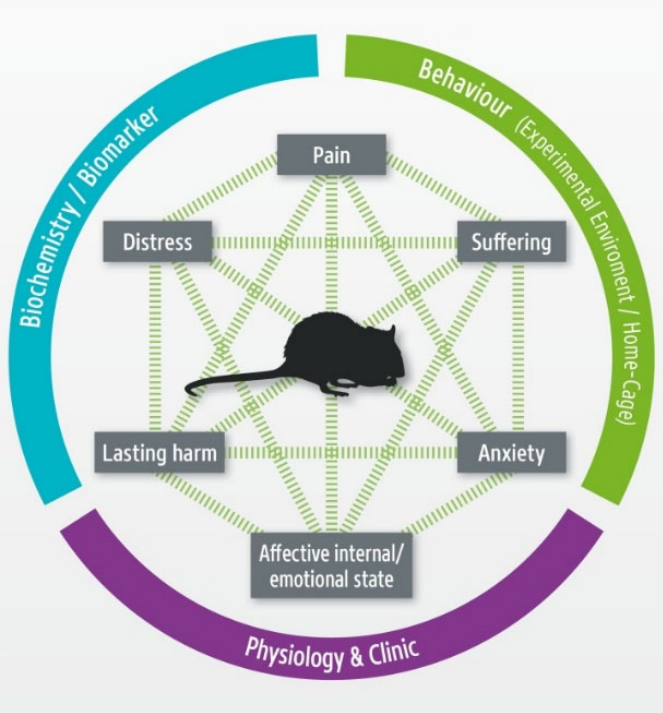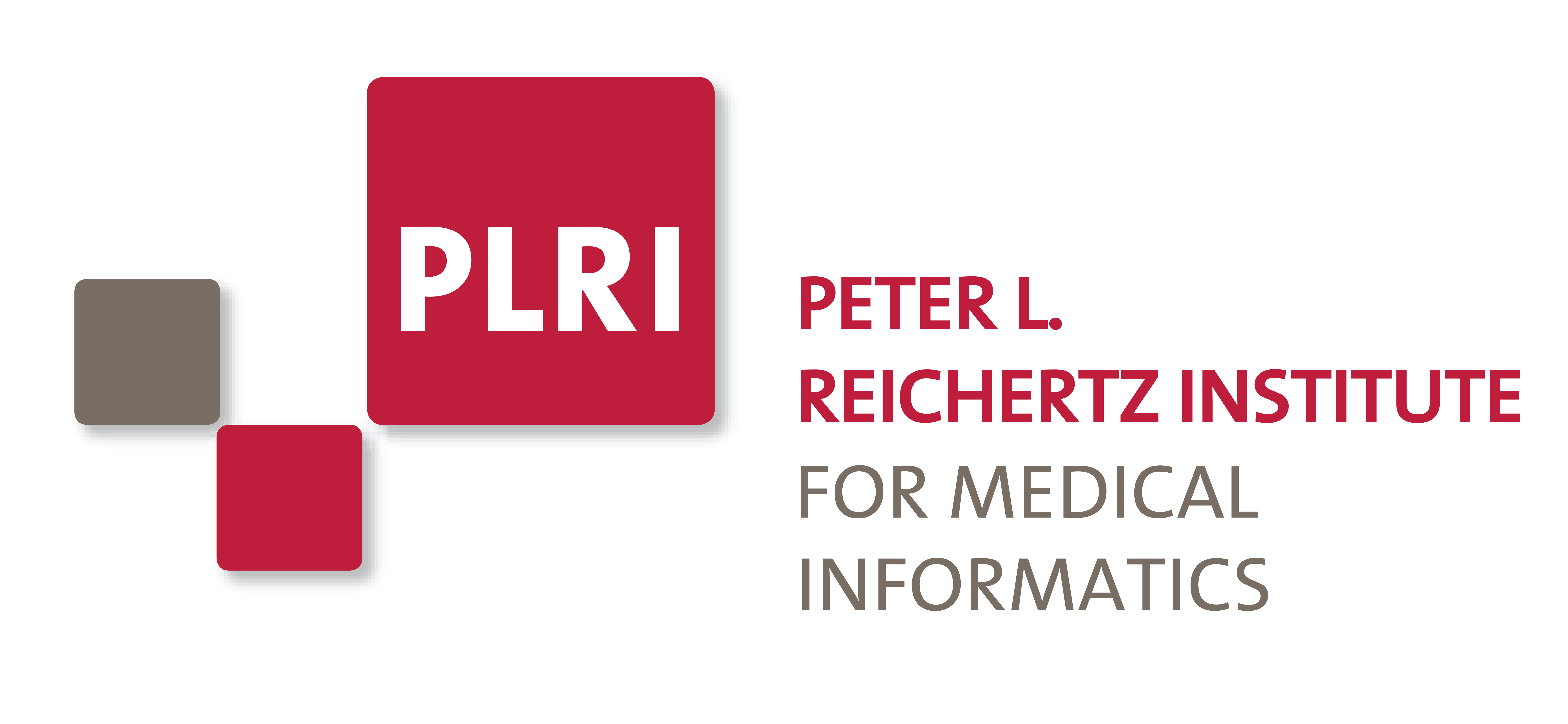
FOR 2591
SEVERITY ASSESSMENT IN ANIMAL-BASED RESEARCH
Project Lead
Project partners
Funding
Summary
In recent years, biomedical research on animal models has changed significantly within the European Union (EU). In the course of this, the 3R concept (Replacement, Reduction, Refinement) was developed in order to completely avoid animal experiments and to minimize animal suffering. In order to be able to assess the suffering of the animals, an evaluation and classification of the severity of interventions should be carried out. To this end, physiological, biochemical and behavioral parameters are used and analyzed using mathematical and data science methods.
FOR 2591 deals with the identification, validation and correlation of objective parameters for the severity assessment of research on animal models. The aim of the project is to find a collection of parameters to perform an evidence-based classification of severity using validated analytical methods.
The project has already gone through two funding phases (2017-2020; 2020-2023) and is currently in its third phase. In the first two phases, various parameters were initially identified that can be used to assess severity in research on animal models. Data science methods for qualitative/semi-quantitative assessment of severity (using endpointR, lauRa, clustR, CMS, Apgar) were then applied to these parameters and a quantitative severity level (using RELSA) was determined. Afterwards, automated procedures were developed and tested in home cages to automatically record physiological and behavioral parameters of animals and classify them in the context of severity assessment using the aforementioned data science methods. Artificial intelligence and mathematical algorithms were used for the automated recording methods and subsequent multivariate analyses of the parameters. Different types of animals (mice, rats, pigs, sheep and non-human primates) and animal models (mainly gastrointestinal inflammation, cancer, surgery, and neuroscience) were examined. Results from multi-centre studies were used to investigate possible minimization of the burden on animals in research. The focus here was on analgesia.
The aim of the third phase is to answer which parameters are applicable/add value to which animal models, how stress can be systematically assessed and avoided, and how modern technologies can be integrated into severity assessment.
In conclusion parameters and analysis methods for animal models should be validated to enable an objective (quantitative) comparison of severity levels using the RELSA method, technical development should be carried out and recommendations for dealing with stress in laboratory animals should be formulated.
The PLRI's research data management supports the transfer of the FOR 2591 telemetry data to the local repository of the Hannover Medical School (MHH). This should ensure that the data is stored long-term and can be used and processed interactively via a database.
Duration
2017-2025





